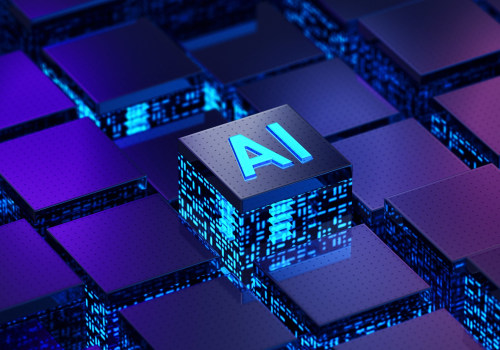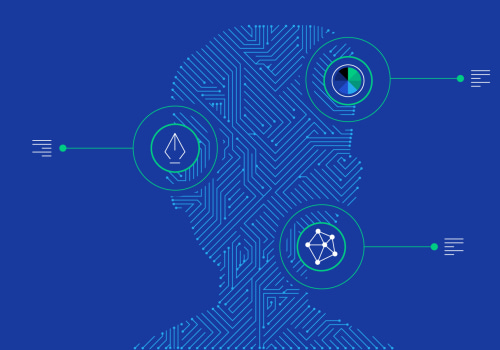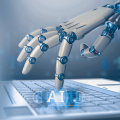Artificial Intelligence (AI) is becoming increasingly popular in robotics, allowing machines to learn and carry out specific tasks. AI provides robots with artificial vision, enabling them to navigate, detect and respond accordingly. Intelligent AI agents are autonomous entities that use sensors and actuators to interact with their environment and achieve their objectives. Examples of intelligent agents in AI include driverless cars and the virtual assistant Siri. An AI system can be defined as the study of the rational agent and its environment.
The agents detect the environment through sensors and act on it through actuators. An AI agent can possess mental properties such as knowledge, beliefs, intentions, etc. Companies are using AI capabilities to automate existing work processes, particularly when using Robotic Process Automation (RPA) technology. However, this approach only allows companies to quickly implement projects and achieve Return On Investment (ROI), but they miss out on the opportunity to take full advantage of AI capabilities and significantly improve the process. Smart city applications are using AI to enhance service delivery, environmental planning, resource management, energy use and crime prevention.
For instance, cities could combine information from shared transportation services with their own data on the locations of social services, bus lines, public transport and road congestion to improve transportation. The emergence of car-sharing and taxi services demonstrates the potential of this transportation option. By applying AI, information-intensive domains such as marketing, healthcare, financial services, education and professional services could become more valuable and cost-effective for society. Big data analysis associated with AI will have a major impact on intelligence analysis as huge amounts of data are collected almost in real time providing commanders and their staff with a level of intelligence and productivity analysis never seen before. Caltech's Artificial Intelligence (AI) & Machine Learning (ML) graduate program will help you master essential concepts of artificial intelligence such as data science with Python, machine learning, deep learning and natural language programming (NLP). For an AI agent, rational action is paramount because in the AI reinforcement learning algorithm, for every best possible action, the agent receives a positive reward and for every wrong action an agent receives a negative reward. In order to revolutionize many sectors through artificial intelligence it is necessary to gain a better understanding of how AI systems are developed due to the significant implications these technologies will have for society as a whole.
This includes improving access to data, increasing government investment in AI, promoting the development of the AI workforce, creating a federal advisory committee, collaborating with state and local officials to ensure they enact effective policies, regulating broad objectives rather than specific algorithms, taking biases seriously as an AI problem, maintaining human control and oversight mechanisms, penalizing malicious behavior and promoting cybersecurity.











